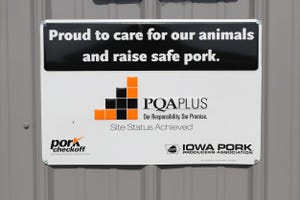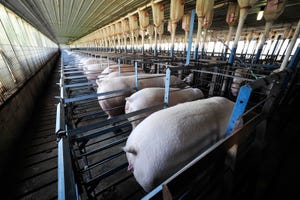Preparing for the Common Swine Industry Audit takes time and attention to detail.
February 18, 2020
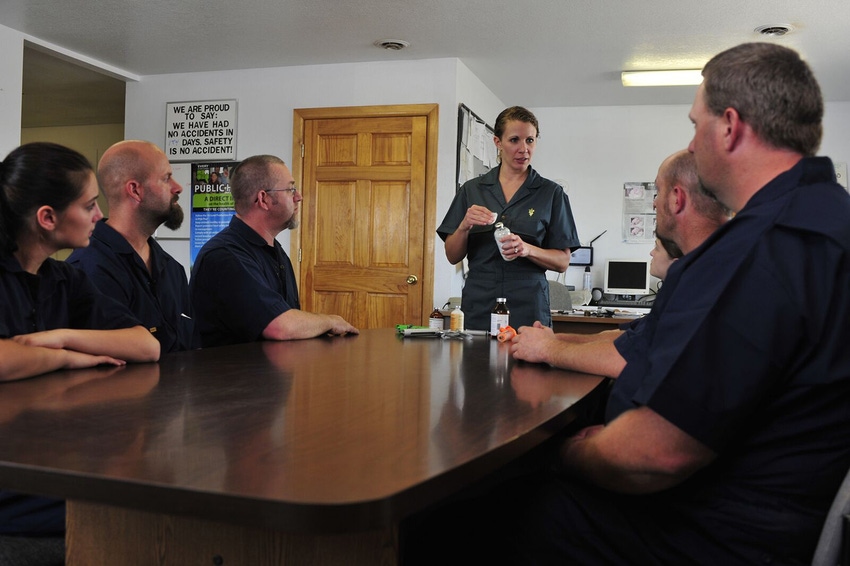
Employees are one of the most valuable assets to a successful farm. Successful farms implement on-boarding of new employees and provide continued training to ensure proficiency and consistency in job duties. The Common Swine Industry Audit has multiple questions regarding employee training and documentation of trainings.
37. Are transporters delivering or picking up pigs from the site Transport Quality Assurance certified?
40. Do all caretakers have a current Pork Quality Assurance Plus Certification or are within 90 days from their new employment date?
57. Does the site have documentation of annual caretaker training specific to their daily duties?
67. Does the site have a written Standard Operating Procedure for caretaker training?
Let's take a closer look at how farms can meet these training program requirements and document them appropriately.
TQA and PQA certifications
All employees with animal care responsibilities must maintain current PQA Plus Certifications while employed. The PQA Plus Certification is offered via online or in-person courses. Online courses are available in English and Spanish. Upon completion of the certification, certificates or cards are sent to the individual as proof of certification. Copies of these cards or certificates should be maintained with the farm's records, so they are readily accessible to an auditor. Note that this certification must be completed within 90 days of an employee starting their job.
All employees that transport or move animals within the farm should have TQA Certification. The TQA Certification is also offered via online or in-person courses. Online courses are available in English and Spanish. Just like with PQA Plus Certification, certificates or cards are sent to individuals and copies should be maintained with farm records. Question 37 specifically refers to transporters delivering or picking up pigs, so if a contractor is used make sure to verify proof of TQA Certification within the farm's records to have it available during an audit.
The TQA and PQA Plus Certifications are both valid for three years. Three-year certifications are nice; however, this means two additional trainings need to be scheduled to meet the annual training expectation of question 57. The TQA and PQA Plus Certifications can serve as one year's annual training.
Documented annual caretaker training
Like with anything, if it isn't written down it didn't happen. Proof that annual caretaker training occurs is just as critical as conducting the training. Records for in-person trainings (not online trainings) should contain the following information.
Date of training
Topic of training
Trainer name
Trainee name
Trainee signature
Many online training courses provide a certificate or printable completion forms. Online trainings should include the following information on the record.
Electronic date stamp
Topic of training
Name of trainee
Electronic spreadsheets, paper notebooks, or printed forms meet this criterion, as long as they are accessible at the farm to the auditor. The Pork Checkoff provides templates for training records through the CSIA materials and the PQA Plus program manuals. You can work with your PQA Plus Advisor or find files online under the Pork Checkoff Resources – Caretaker Training section or the PQA Plus materials page.
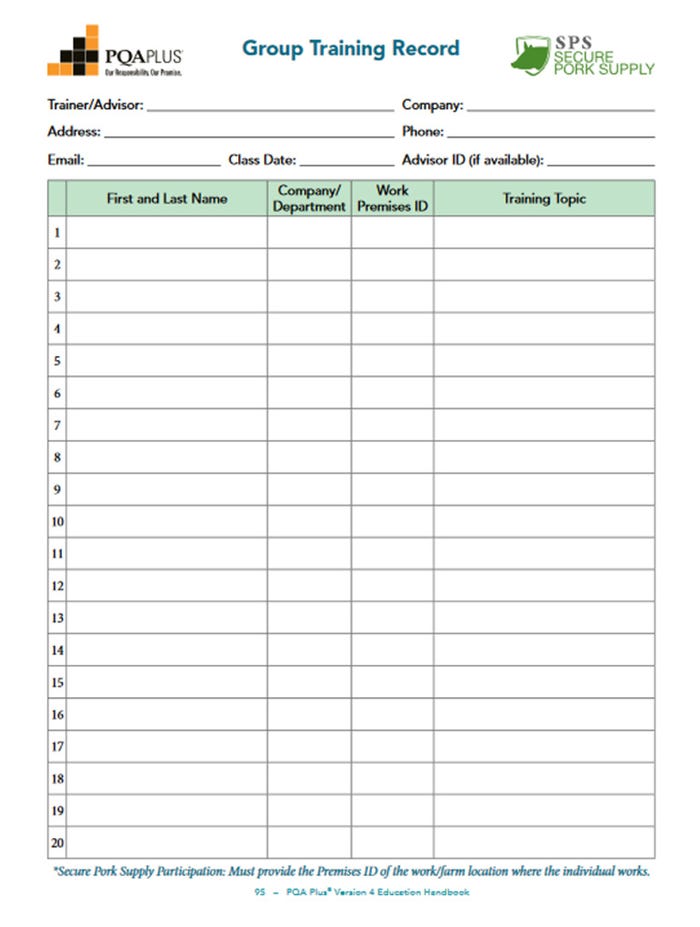
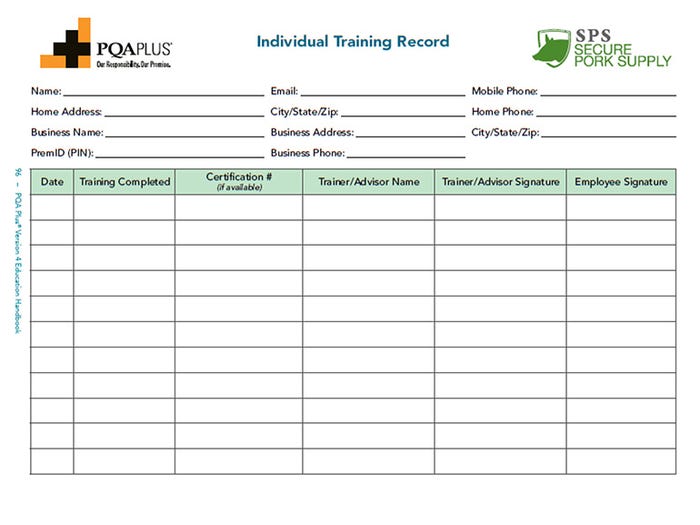
Written SOP for caretaker training
Written SOPs appear intimidating for many producers. This document does not need to be complicated and an electronic template is available through the Pork Checkoff to get you started. As with any template, it will need to be edited to meet the specific needs of your farm.
The basics to the Caretaker Training SOP outlines the specific requirements for each job and how often training needs to occur. The available template provides this list of topics as a starting point to consider as required employee trainings.
All caretakers will be PQA Plus Certified within 90 days of employment and maintain certification while employed.
All transports will be TQA Certified and maintain certification while employed.
All caretakers will receive annual re-training specific to their daily duties.
All caretakers will receive safety training.
All caretakers will receive training on animal abuse reporting.
All caretakers will receive fire/emergency training.
Caretakers who are responsible for euthanasia will receive euthanasia training that includes:
The site's primary and backup methods for euthanasia
Animal handling during euthanasia
Confirmation of insensibility and death
Carcass disposal
Maintenance of euthanasia equipment
New caretakers or caretakers changing jobs will be directly supervised by a trained individual until the completion of a training program.
Training in daily duties is a vague statement and farms may consider expanding this to be more specific to each job title. For example, farrowing technicians will receive training in moving sows, handling piglets, processing procedures, treatments and recordkeeping. Clear written expectations help employees and managers avoid misunderstandings in performing job duties.
Preparing for the Common Swine Industry Audit takes time and attention to detail. If your farm has an upcoming audit, look through the many available materials, templates and resources from the Pork Checkoff. An updated CSIA preparation binder will be available from SDSU Extension in March by contacting Heidi Carroll, [email protected] or 605-688-6623.
Source: Heidi Carroll, South Dakota State University Extension, who is solely responsible for the information provided, and wholly owns the information. Informa Business Media and all its subsidiaries are not responsible for any of the content contained in this information asset.
You May Also Like
